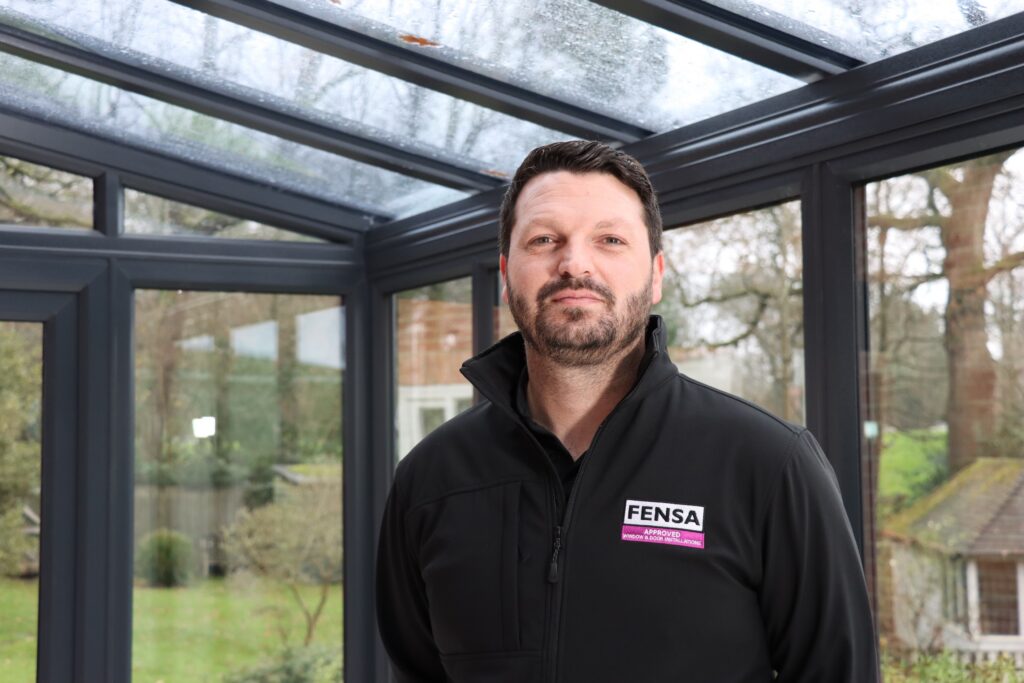By Wayne Hunter, service and operations manager, Emmegi (UK).
Anyone picking up a recent copy of Glass Times would be under no illusions that ‘training’ is the buzzword in this industry at the moment
Like many other UK industries, we’ve finally woken up to the looming skills shortage in fenestration, and there are some impressive efforts being made to attract newcomers into this sector, while upskilling many in the existing workforce.
From a machinery supplier’s perspective, we’re 100% supportive of that, largely because we see the benefits, particularly on the factory floor, which a better trained workforce can deliver in terms of return on investment.
The biggest factor that drives machinery investment is of course a desire for greater efficiency, so, for us, making sure that the people who operate the machines are as well trained as possible makes perfect sense.
We see all the time how much more quickly fabricators see payback on their new machine if their team are able to operate it to maximum potential. That means understanding all the features that prompted fabricators to choose that model in the first place and learning how to optimise its speed and capacity.
It’s not just about customers getting the best value that they can from their machinery, it is also about preventing unnecessary machine breakdowns. Certainly, I’ve known cases where engineers have gone into a customer to fix a problem only to discover that what the customer is reporting as an alarm on the machine is actually an error message because it has just not been set up correctly. I’ve also known of occasions where engineers have gone in to find that customers can’t get a particular machine function to work, only to find that they have inadvertently disabled it. That’s a costly waste of time for everyone.
Those occasions are rare, but I don’t think there is any doubt that cutting corners on training is very much a false economy.
Obviously, we train operatives when we install and commission a machine for a customer. But what we see all too often is that when those operatives leave or move around, customers are reluctant to invest in another round of training, so rely on the person leaving to pass on what they know. Almost invariably, that means that the detail of what they originally learned is diluted or it is passed on incorrectly. The result is a less efficient operation or, even worse, a potentially very expensive breach in health and safety.
What I would like to see is customers taking advantage of the bespoke training packages we can put together for them, where we look at the skills set available within their factories and tailor a programme around that. The aim is to ensure that they have the skills across the operation which are necessary to get the most from their machines, and that they aren’t left high and dry in the future when someone moves on.
Given this industry’s poor track record until fairly recently, there is actually a huge amount of specialist training available now for companies who have recognised the benefits it can bring. As well as the dedicated training organisations, systems and software houses are all stepping up to meet their obligations and, like Emmegi, are putting the message out to customers that they will get better return on their investment if they embed the necessary skills within their team.
At Emmegi (UK), we now have a team of seven engineers who can go to visit customers on site and deliver on-site training specifically dedicated to their machinery set ups. We know that customers will see the benefits.



